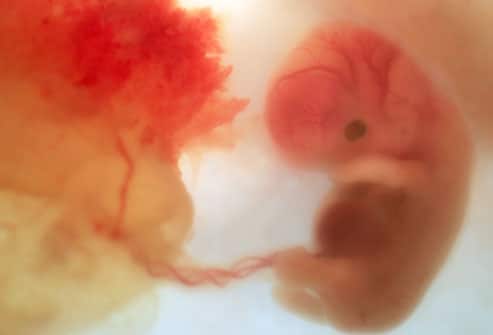Folic acid, a B vitamin, has been shown to help lower the risk of some birth defects, including spinal bifida, when taken around the time of conception. And, according to experts, the increased folic acid must be taken during a specific window of time – before conception and during the first trimester. This is the time in which neural tube defects start to develop. Recommendations were set at 400 micrograms of folic acid per day.
The extra supplementation, however, had been under some investigation after two separate studies in 2009 indicated that a possible link between taking a folic acid supplement during pregnancy and childhood asthma. According to a new study, however, the previous studies were incorrect.
During the most recent study, Dutch researchers tracked the folic acid use of more than 2,600 pregnant women. They looked at the health of the children born to these women for a total of seven years. Tests done in the study included lung function and an evaluation of any conditions that are caused by an allergic reaction, including eczema and asthma.
What they found was that nearly 7 percent of the children, regardless of the folic acid intake of the mother, developed asthma. At the conclusion of the study, Dr. Rachel Miller of Columbia University Medical Center, an allergy specialist, stated that the results indicate that no changes should be made to the current folic acid recommendations.
Dr. Tsunenobu Tamura who is a nutrition expert at the University of Alabama at Birmingham is still not convinced by the Dutch study, however. He stated that the findings are not inclusive and that the findings did not monitor the children for more long-term effects. He stated that the “study should have been done even before the folic acid fortification program was initiated in the United States.”
Related Articles:
- Study: Early Prenatal Vitamin Use May Prevent Autism
- Inexpensive Test During Pregnancy Could Prevent Thousands of Infant Deaths
- Low Vitamin D at Birth, May Contribute to RSV Infections
- New FDA Safety Alert for Drospirenone Birth Control Pills







